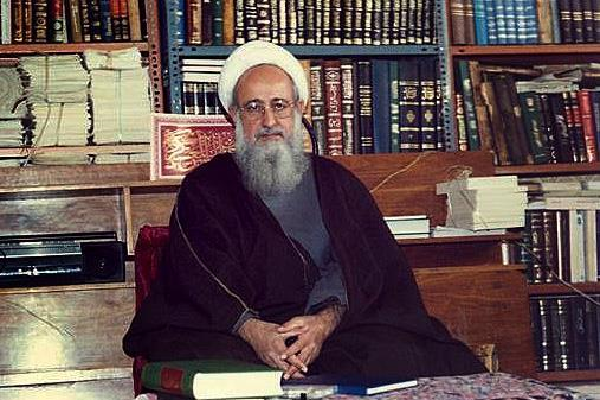Al-Furqan; A Quran Exegesis Admired by Allameh Tabatabaei

Al-Furqan is an exegesis of the entire Quran written in Arabic in 14 years and published in 30 volumes. Allameh Tabatabaei is among the prominent figures who have admired this work.
Mohammad Sadeqi Tehrani (1926-2011) was a Shia Faqih (jurisprudent) and Quran interpreter. He attended the classes of eminent scholars like Ayatollahs Mohammad Ali Shahabadi, Mohammad Hossein Zahed, Baqer Ashtiani, Seyed Sadreddin Jazayeri, Mehdi Ashtiani, Ahmad Ashtiani, Seyed Abolhassan Rafiei, Boroujerdi and Allameh Tabatabei.
He considered the Quran to be the pivot of Islamic sciences and criticized the common methods used in seminaries.
Sadeqi was also a political activist and spent 17 years campaigning against the Pahlavi regime. After the victory of the Islamic Revolution, he led Friday prayers in some cities for some time but then opted to only write books and teach.
He wrote many books, including Al-Furqan Exegesis of the Holy Quran.
The method he uses in Al-Furqan is the Quran-by-Quran interpretation. He says it is the method used by the Holy Prophet (PBUH) and Imams (AS) and considers all other methods to be wrong.
Sadeqi wrote the Quran exegesis after contemplating and teaching each verse in both Arabic and Persian.
In Al-Furqan, Sadeqi mentioned social issues. In different parts of the exegesis, sometimes in interpreting one verses and at times in a separate chapter, he discusses and offers critiques on issues like governance, economy, women’s rights and status, Muslim unity, social classes, polygamy, etc.
Another important point in Al-Furqan is that it elaborates on Fiqh al-Ahkam in details and via reasoning, unlike many other Quran interpretations that only make mention of Ahkam.
In this interpretation, Sadeqi also refers to the texts of the Turah and the Bible, with two main purposes: First, in order to confirm Quranic reports and concepts that have been mentioned in the Old and New Testaments, and second, highlighting the inconsistencies and distortions in the two books.
As for historical stories and the stories of prophets that have been mentioned in the Quran, Sadeqi believes that one should not get into details and add to what the Quran has said.


